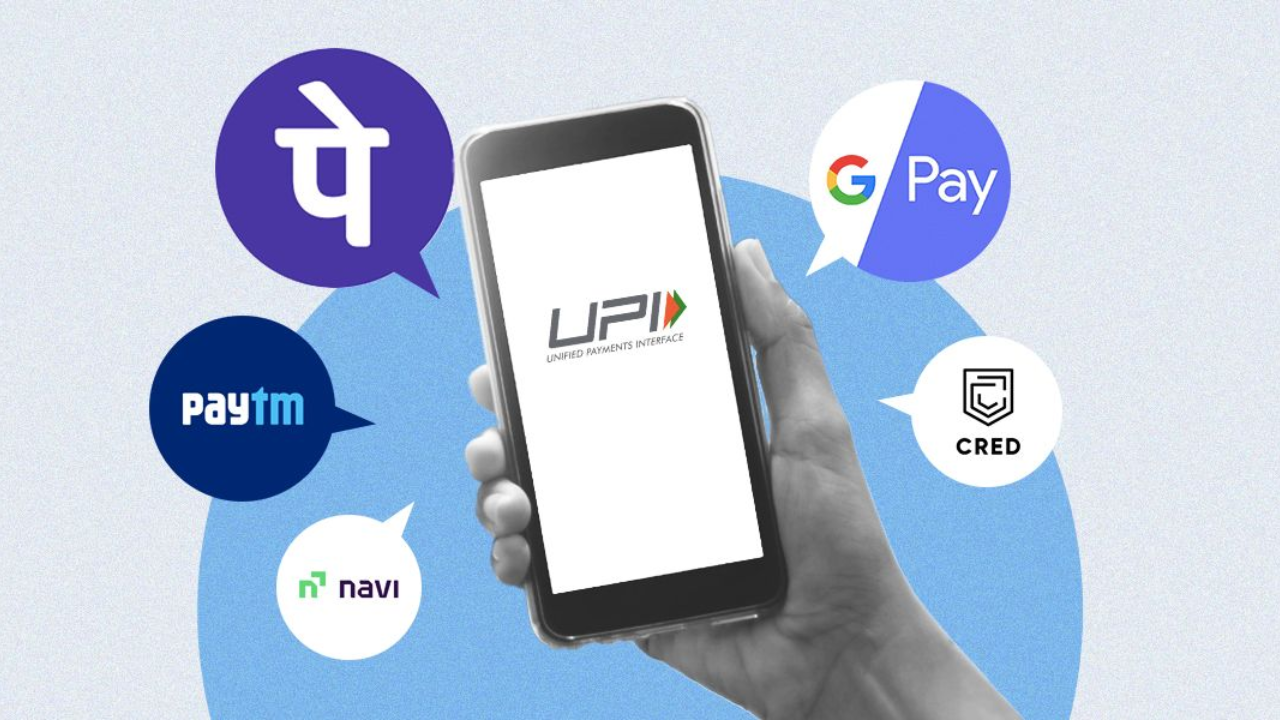
The study emphasises the role of interoperable digital payment platforms like UPI in driving financial inclusion and enabling seamless payments across users of different apps and banks.
The rapid adoption of Unified Payments Interface (UPI) in India has significantly curtailed the country’s dependence on cash, according to a recent International Monetary Fund (IMF) study. The paper observed a measurable drop in cash usage through proxies such as ATM withdrawals and currency in circulation as a percentage of GDP, underscoring the transformative impact of UPI on India’s financial ecosystem.
“Since its launch in 2016, UPI has grown quickly, while some proxies for cash usage have begun to decline,” the IMF team wrote. “UPI now processes more than 18 billion transactions per month and dominates other electronic retail payments in India. India now makes faster payments than any other country.”
The study emphasises the role of interoperable digital payment platforms like UPI in driving financial inclusion and enabling seamless payments across users of different apps and banks. As of 2025, UPI’s ecosystem spans over 600 banks and 200 apps, the paper notes.
Shift from Bank Apps to Third-Party Platforms
Initially, UPI users primarily accessed the platform through their bank-owned applications, driven by trust in familiar institutions. However, with the advent of interoperability, users migrated to third-party apps offering better user experience, interface, and features. “Over time, users moved to apps, possibly due to better quality, benefitting from the freedom to switch apps provided by interoperability,” the IMF noted.
Today, private app-based platforms such as PhonePe, Google Pay, and Paytm dominate the UPI space, while the share of bank apps—particularly those of private sector banks—continues to hold steady. Public sector banks lag slightly behind in consumer preference.
Global Recognition for India’s Digital Infrastructure
The paper lauds India’s progress in digital payments infrastructure and positions UPI as a global benchmark for real-time interoperable payment systems. India has also been actively promoting the UPI model internationally, recently signing partnerships with countries in Southeast Asia and the Middle East.
India’s success in deploying UPI has prompted discussions in several developing nations to adopt similar low-cost, real-time payment solutions to boost financial inclusion and reduce cash dependence.